ATMOSPHERIC SCIENCES RESEARCH
Research Overview
Faculty in the Department of Atmospheric Sciences lead world-class scientific research programs that are funded by federal and state agencies at a current level of nearly $4 million annually. Major funding sources include the National Aeronautics and Space Administration (NASA), National Science Foundation (NSF), National Oceanic and Atmospheric Administration (NOAA), National Weather Service (NWS), Department of Energy (DOE), and Bureau of Land Management (BLM). Nearly all of our graduate students are supported by research assistantships, teaching assistantships, or graduate fellowships. Areas of research and graduate study include cloud-climate interactions; mountain weather and climate; global and regional climate; cloud, boundary layer, turbulence and weather modeling; and tropical meteorology.
Research Topics
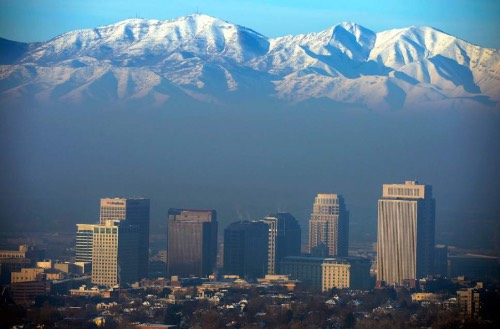
AIR QUALITY
Pollutants in the atmosphere lead to adverse air quality. To help policymakers and society in general devise effective means to improve air quality, knowledge of meteorology, emission strengths, and chemistry is required.
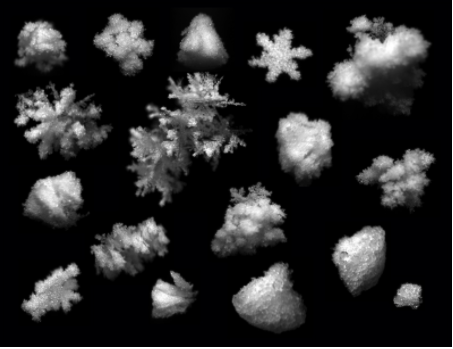
AEROSOL, CLOUDS, PRECIPITATION & CLIMATE
Clouds and aerosols simultaneously reflect sunlight and radiate heat, cooling and warming the earth. Precipitation is the lynchpin in the water cycle. Understanding these key processes requires studies ranging from the molecular to planetary scales.

MOUNTAIN WEATHER
& CLIMATE
Mountains, hills, and plateaus cover half of the world’s land surface, contain half the global population, and affect half of the surface runoff. Knowledge of atmospheric processes in complex terrain is vital for water resource management, transportation safety, renewable energy resources, tourism, and geophysical hazards.
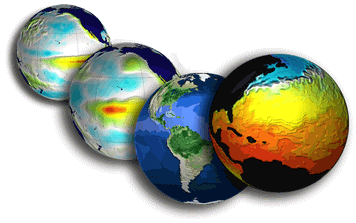
GLOBAL & REGIONAL CLIMATE
Changes in climate have far reaching impacts on environment and society. Quantifying and understanding these changes requires sophisticated climate modeling on local to global scales.
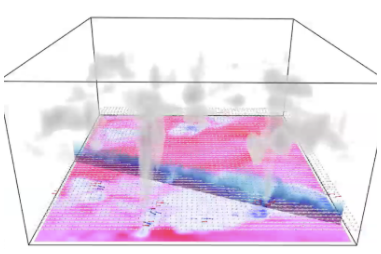
NUMERICAL MODELING
Numerical modeling becomes the mainstream of weather and climate research and prediction. Our research emphasizes model improvements, data assimilation, and predictability studies.
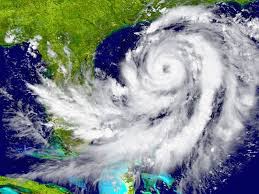
TROPICAL METEOROLOGY
Tropical meteorology encompasses the most benign trade wind cumuli to the most destructive weather phenomena - tropical cyclones, as well as the major fluctuations such as Madden-Julian Oscillation (MJO).
Research Groups
Direct links to individual research group web pages and faculty home pages are provided below.
